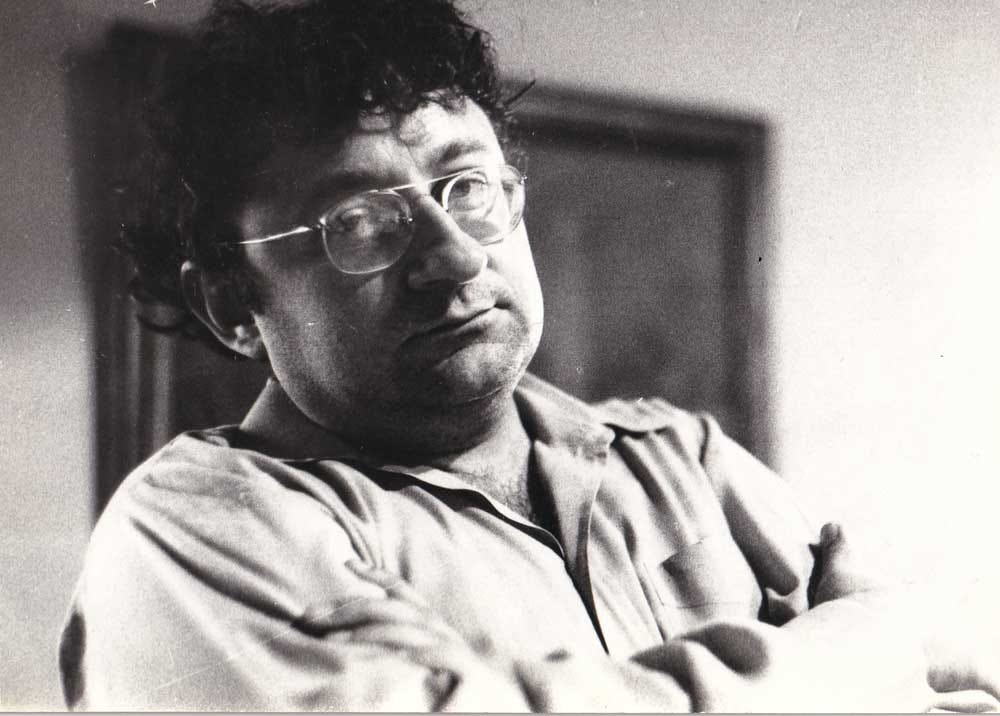Living in the Spectacle: Guy Debord’s Vision of a Mediated Reality
Introduction: Are We Watching Life or Living It?
Ever feel like life is something you’re watching rather than living? Like a spectator in a pre-scripted drama, scrolling through endless feeds, clicking “like,” and consuming content? If so, you’re not alone. French philosopher and filmmaker Guy Debord anticipated this unsettling phenomenon in his 1967 masterpiece, "The Society of the Spectacle."
In this article, we’ll unpack Debord’s critique of modern society, where mediated images dominate our desires, relationships, and sense of self. We’ll explore his analysis of the Spectacle as a pervasive force in shaping consumerism, politics, and even identity. Most importantly, we’ll look at ways to resist its grip and reclaim authentic living in an age of digital illusion.
What Is the Spectacle?
At its core, Debord defines the Spectacle as more than a collection of images. It’s a social relationship mediated by images—a reality where representation replaces genuine experience.
In a world ruled by the Spectacle:
Consumerism becomes identity. You don’t just buy products; you buy the lifestyle they promise.
Politics becomes theater, where policies take a backseat to branding and optics.
Relationships become commodities, reduced to metrics like likes, followers, and views.
The Spectacle isn’t just something we see; it’s something we live in. It shapes our understanding of what’s desirable, valuable, and even real.
The Spectacle’s Origins: From Marx to Modernity
Debord’s work builds on Marxist thought, particularly the concept of commodity fetishism—where relationships between people are replaced by relationships between things. In the Spectacle, this process reaches its zenith:
Products are no longer valued for their utility but for the images and meanings they project.
Life becomes fragmented, with authentic experiences replaced by curated appearances.
The rise of mass media, advertising, and now digital platforms has amplified this dynamic, turning society into a stage for constant performance.
Consumerism: Selling Dreams, Buying Illusions
Desires Constructed by the Spectacle
The Spectacle feeds on dissatisfaction, offering an endless array of solutions to problems it creates. Advertisements don’t sell products; they sell dreams of a better self—a happier, more attractive, more successful version of you.
But as Debord warns, these promises are illusions. The more we consume, the further we drift from genuine fulfillment. Our desires are manufactured, and our pursuit of them locks us into a cycle of consumption that serves the system, not ourselves.
Politics as Performance
The Spectacle in the Political Sphere
In the Spectacle, politics isn’t about ideas or governance; it’s about optics and narratives. Politicians become brands, campaigns become spectacles, and voters become passive spectators.
Consider modern political campaigns:
Debates resemble reality TV, where charisma often outweighs substance.
Social media platforms amplify soundbites and scandals, reducing complex issues to digestible memes.
Global crises are filtered through curated media, shaping public opinion without deeper engagement.
For Debord, this theatricalization of politics erodes democracy, leaving citizens disempowered and disconnected from real change.
Failed Socialism and the Spectacle
Debord didn’t reserve his critique for capitalism alone. He argued that even state socialism succumbed to the Spectacle, replacing capitalist consumerism with bureaucratic propaganda.
In both systems, the Spectacle serves the ruling class, maintaining control by shaping perceptions and suppressing dissent. True liberation, Debord believed, requires dismantling the Spectacle itself—not merely reforming its structures.
Reclaiming Agency: Escaping the Spectacle
Détournement: Turning the Spectacle Against Itself
Debord championed détournement, a radical strategy for resisting the Spectacle. This involves subverting and repurposing its tools, exposing the contradictions and illusions it perpetuates.
Examples of détournement include:
Culture jamming: Altering advertisements to reveal their manipulative intent.
Political memes: Using humor to critique power structures.
Artistic disruption: Creating works that challenge dominant narratives and provoke critical thought.
Authenticity in the Digital Age
In a world increasingly mediated by screens, escaping the Spectacle means prioritizing real experiences over representations:
Focus on offline connections and meaningful relationships.
Practice critical media literacy, questioning the motives and messages behind the content you consume.
Seek out activities that engage your body and mind, rather than merely entertaining you.
The Spectacle Today: Digital Life and Social Media
If Debord were alive today, he’d likely see social media as the Spectacle’s ultimate form. Platforms like Instagram and TikTok don’t just mediate reality—they create a hyperreal version of it, where life is curated for maximum appeal.
Social Media’s Trap
Metrics over meaning: Likes, views, and shares replace genuine interaction.
The influencer economy: Identities are commodified, turning individuals into brands.
Endless scrolling: The Spectacle thrives on distraction, keeping us passive and disengaged.
Conclusion: Beyond the Spectacle
Debord’s "Society of the Spectacle" remains as relevant today as when it was first published. The Spectacle has only grown stronger, embedding itself in every aspect of our lives. Yet, understanding its mechanisms is the first step toward liberation.
By embracing détournement, prioritizing authenticity, and resisting the allure of commodified reality, we can reclaim our agency and imagine a world beyond the Spectacle.
What role does the Spectacle play in your life? How can we resist its influence and create a more authentic existence? Share your thoughts in the comments below and join the conversation.



